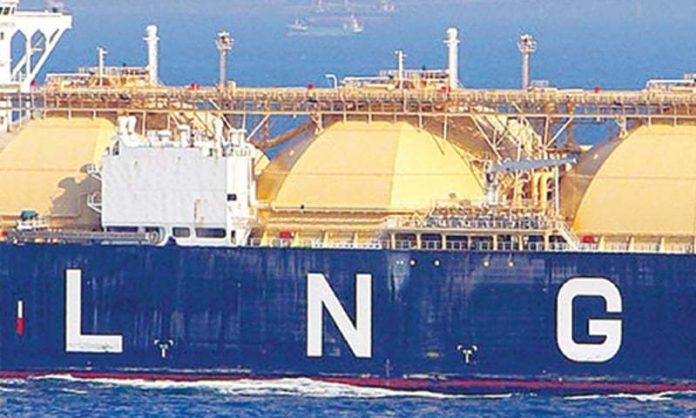
TOKYO: Asian spot liquefied natural gas (LNG) prices rose this week as a heatwave gripped Japan and high temperatures swept across South Korea and parts of China boosting cooling demand though relief is set to come from new Russian supplies.
Spot prices for September LNG-AS delivery in Asia were assessed at $9.75 per million British thermal units (Btu), up 25 cents from the previous week.
Contrary to previous forecasts, temperatures in Japan stayed above average in a prolonged heatwave that killed dozens of people. It also prompted electric utilities to fire up mothballed oil and gas-fired power plants left on standby.
The heat hit South Korea too but any increase in gas demand may be muted by the start-up of the 950-megawatt Hanul No.2 nuclear reactor, which is expected to by fully operational by Sunday.
LNG imports into South Korea hit record levels in the first half of the year but such volumes will not be sustainable as anticipated nuclear start-ups will leave an average of only six reactors offline over the rest of the year.
The second train at Novatek’s Arctic Russian operations in Yamal has started operations, one trader said. Novatek said last year that the second train would start operations in the third quarter of this year.
Papua New Guinea launched a tender offering a cargo for Aug. 22-29 and the bids were seen to be bullish although the result is not yet known, the trader said.
However, Russia’s Sakhalin II cargo offered in the first half of September was sold to a shareholder of the plant for an estimated $9.70 per mmBtu. Another trader cited a potential transaction range of $9.65-$9.70 per mmBtu.
He sees September prices around the $9.75 per mmBtu mark.
Aside from Yamal, traders were also waiting on new supplies from Japan’s Inpex, which expects its Ichthys plant in Australia to start up in September.
European spot prices so far remain uncompetitive with Asia in drawing away Qatari cargoes, as storage inventories recover across the continent.






















